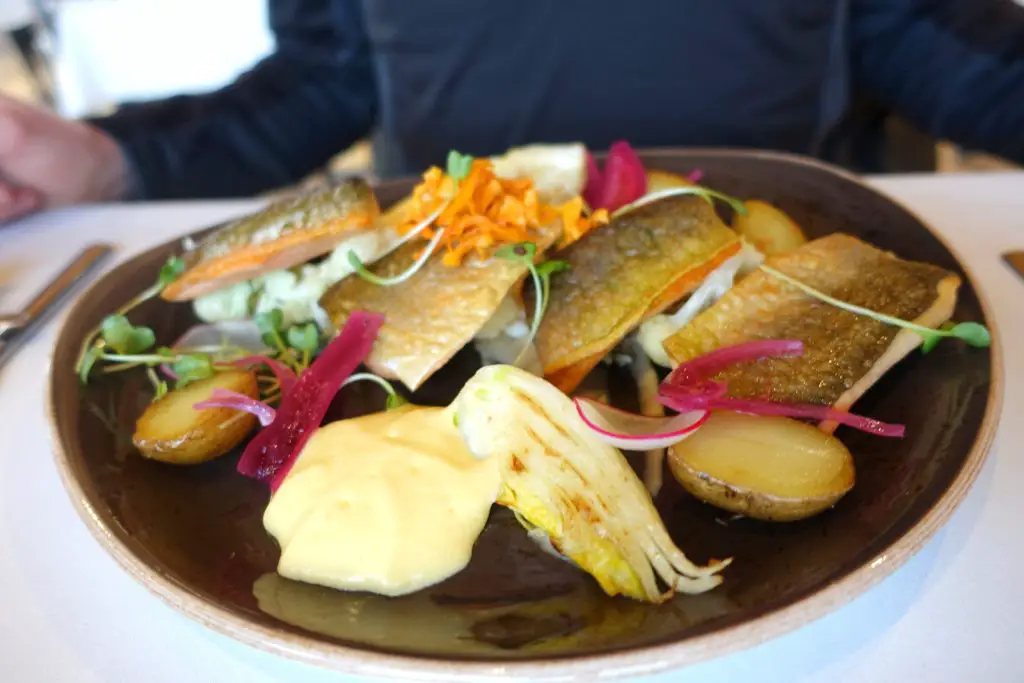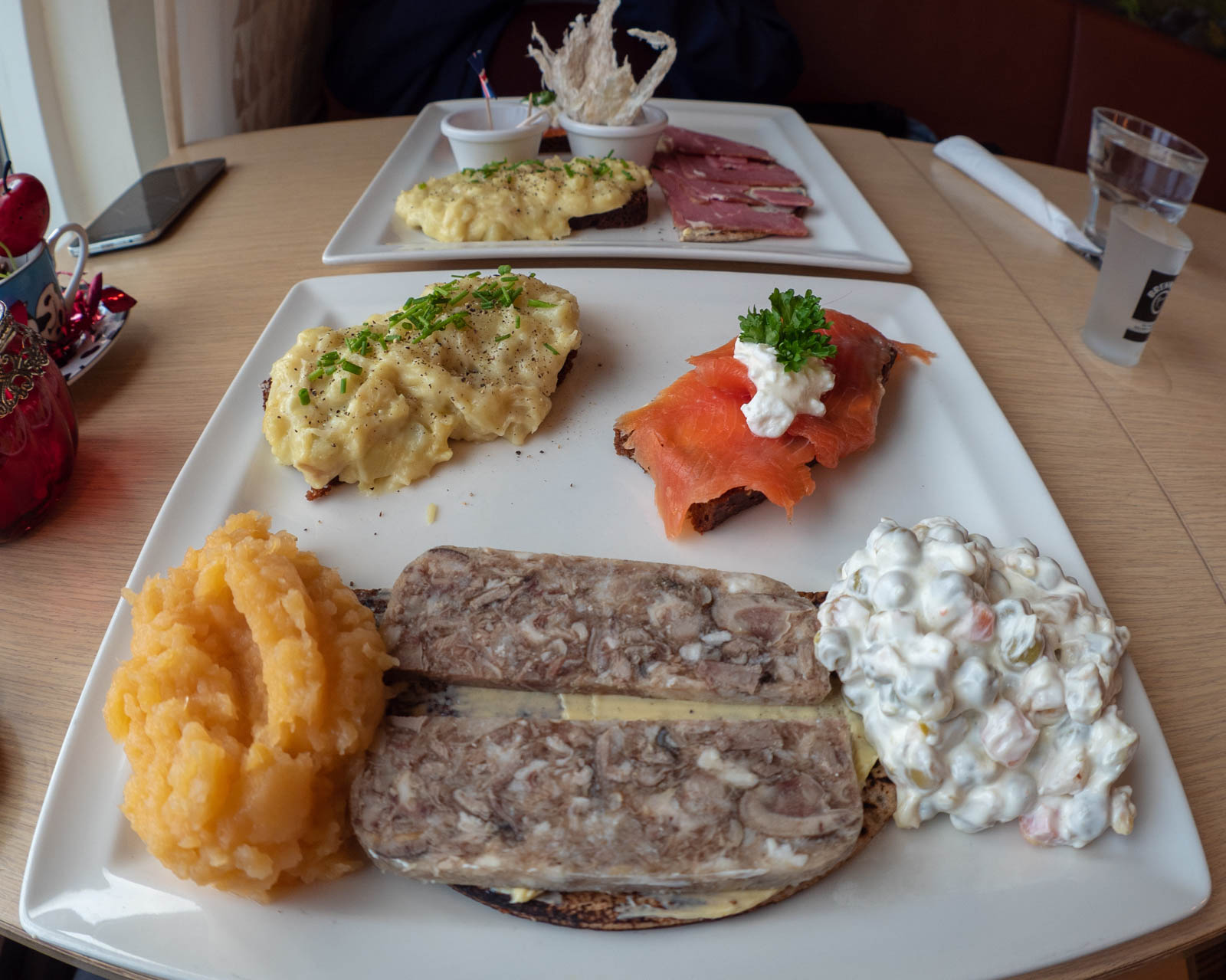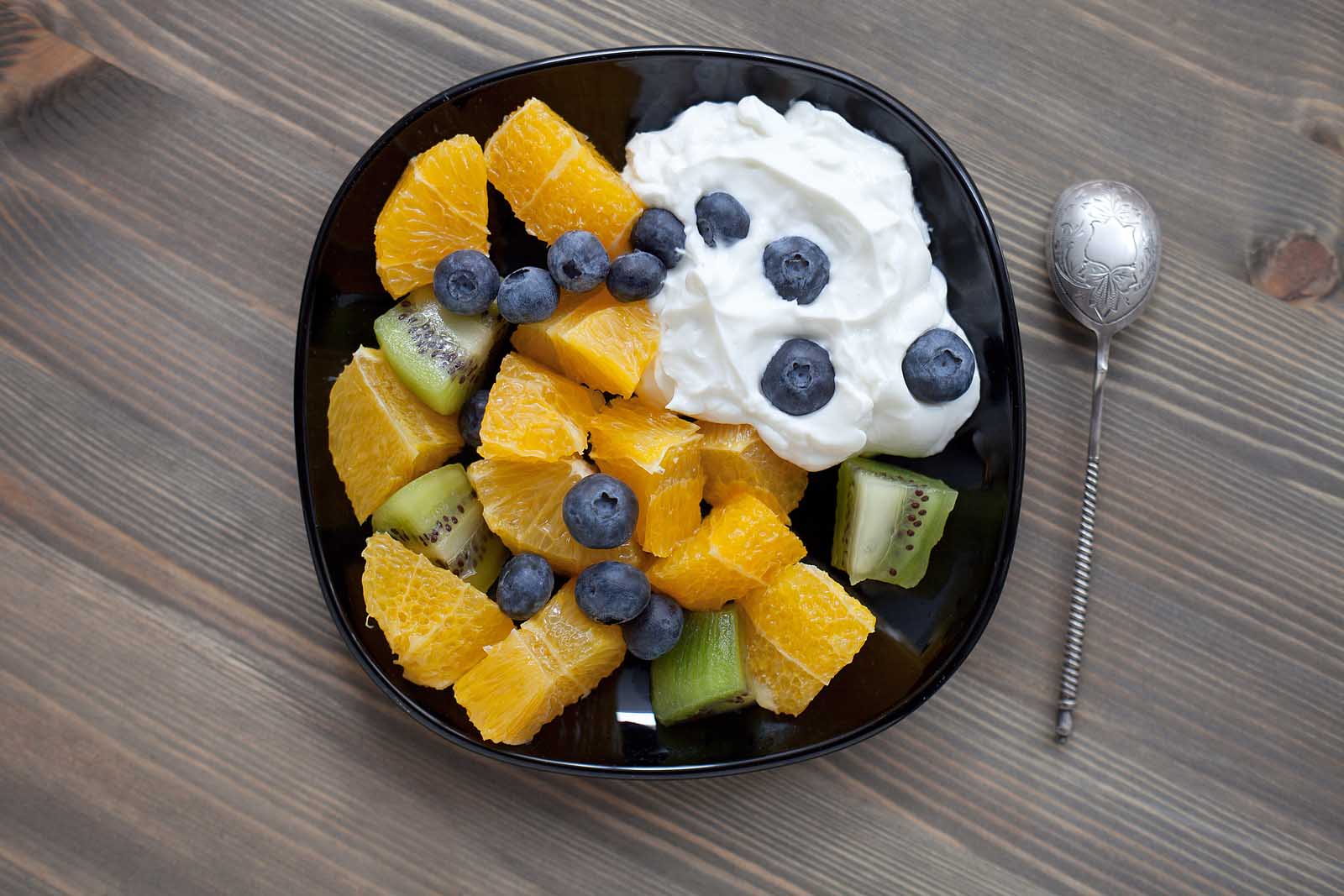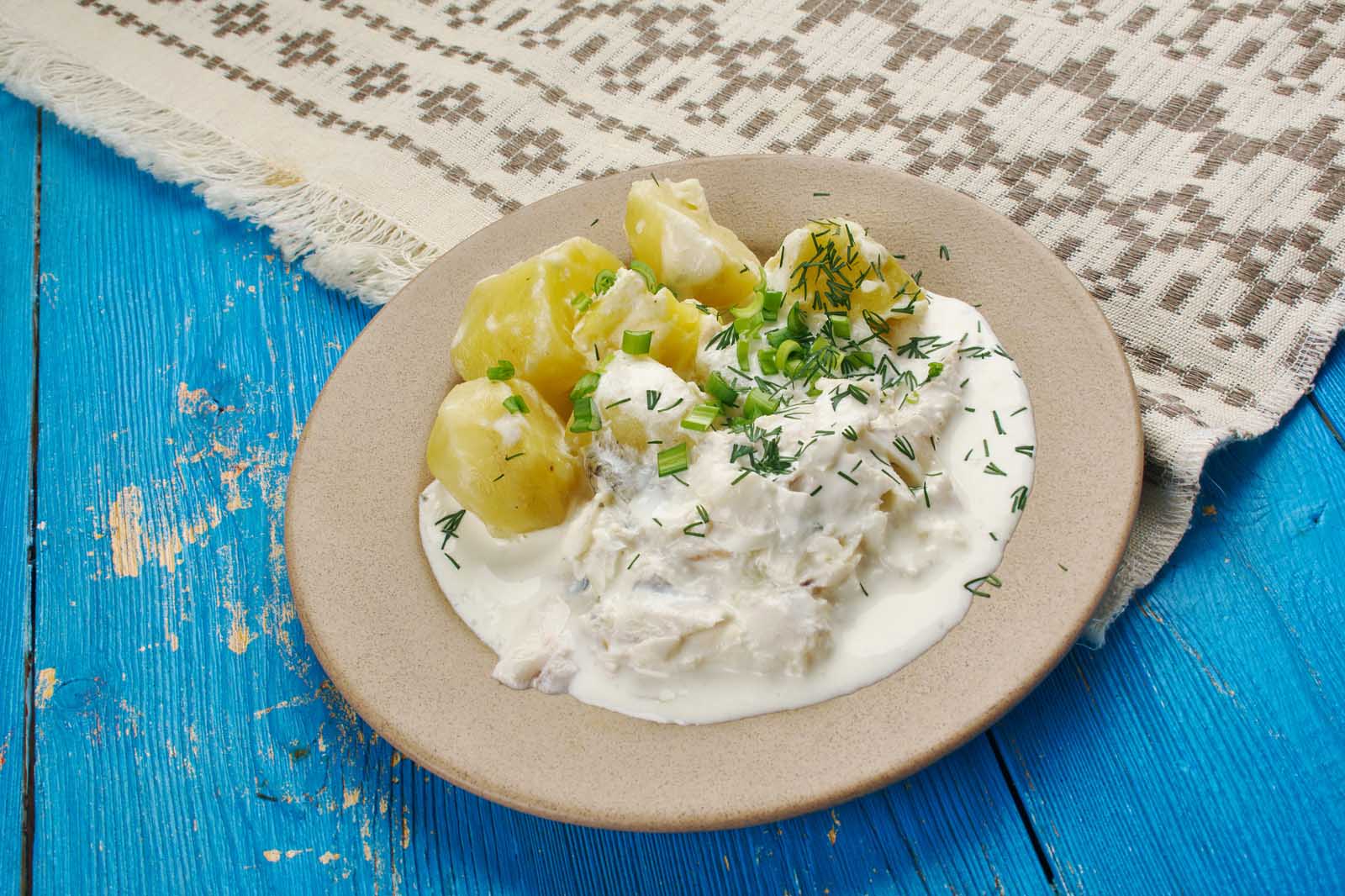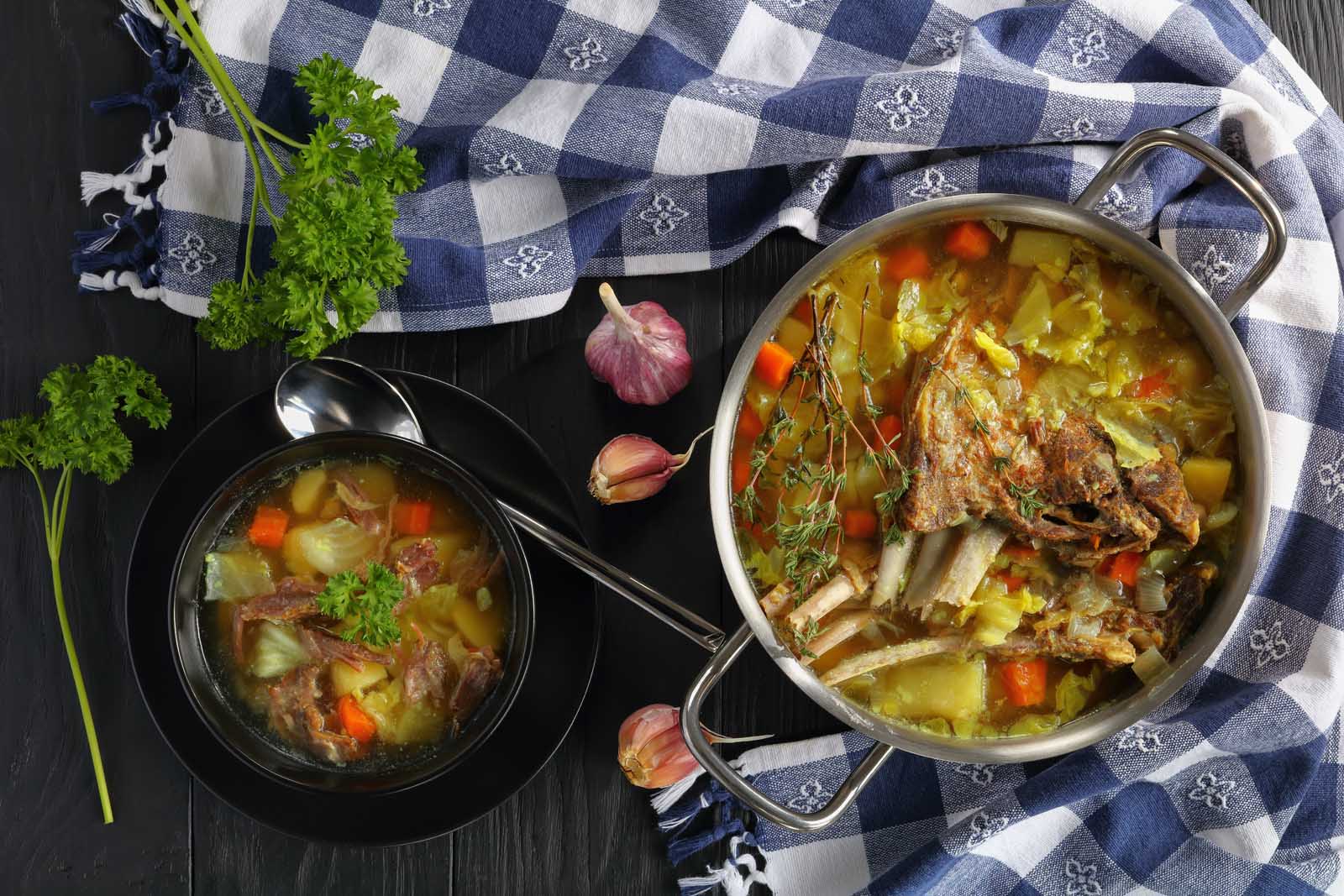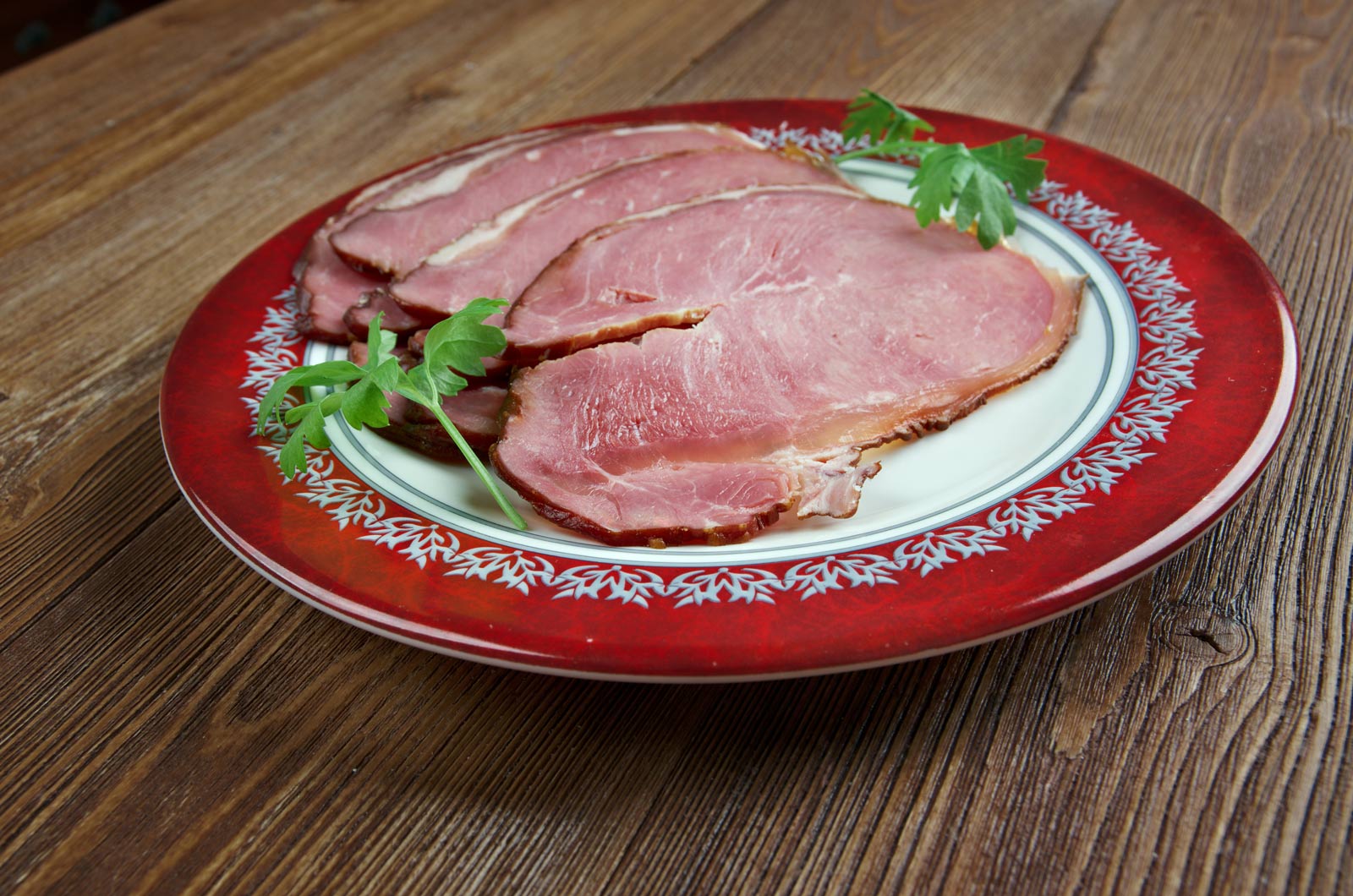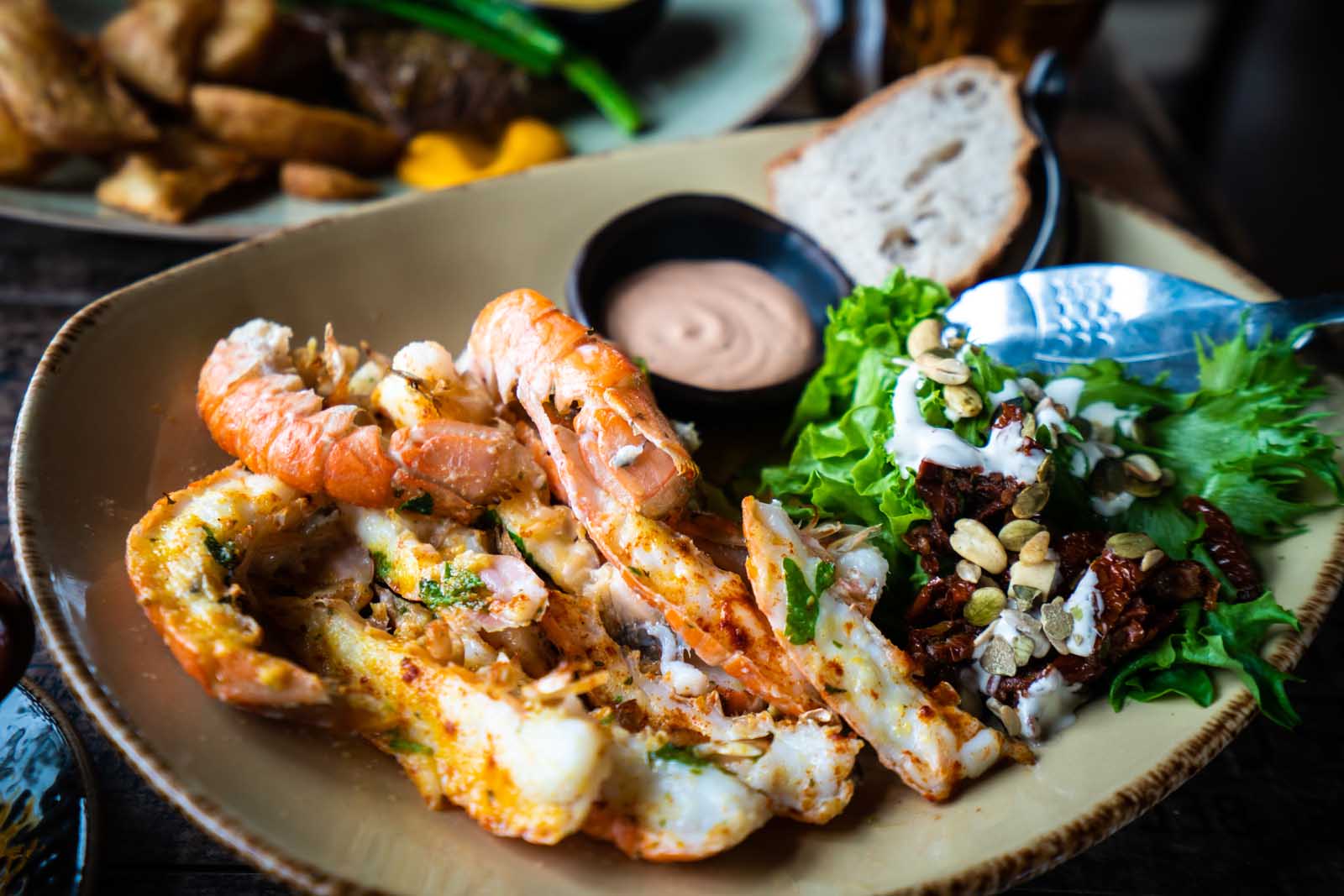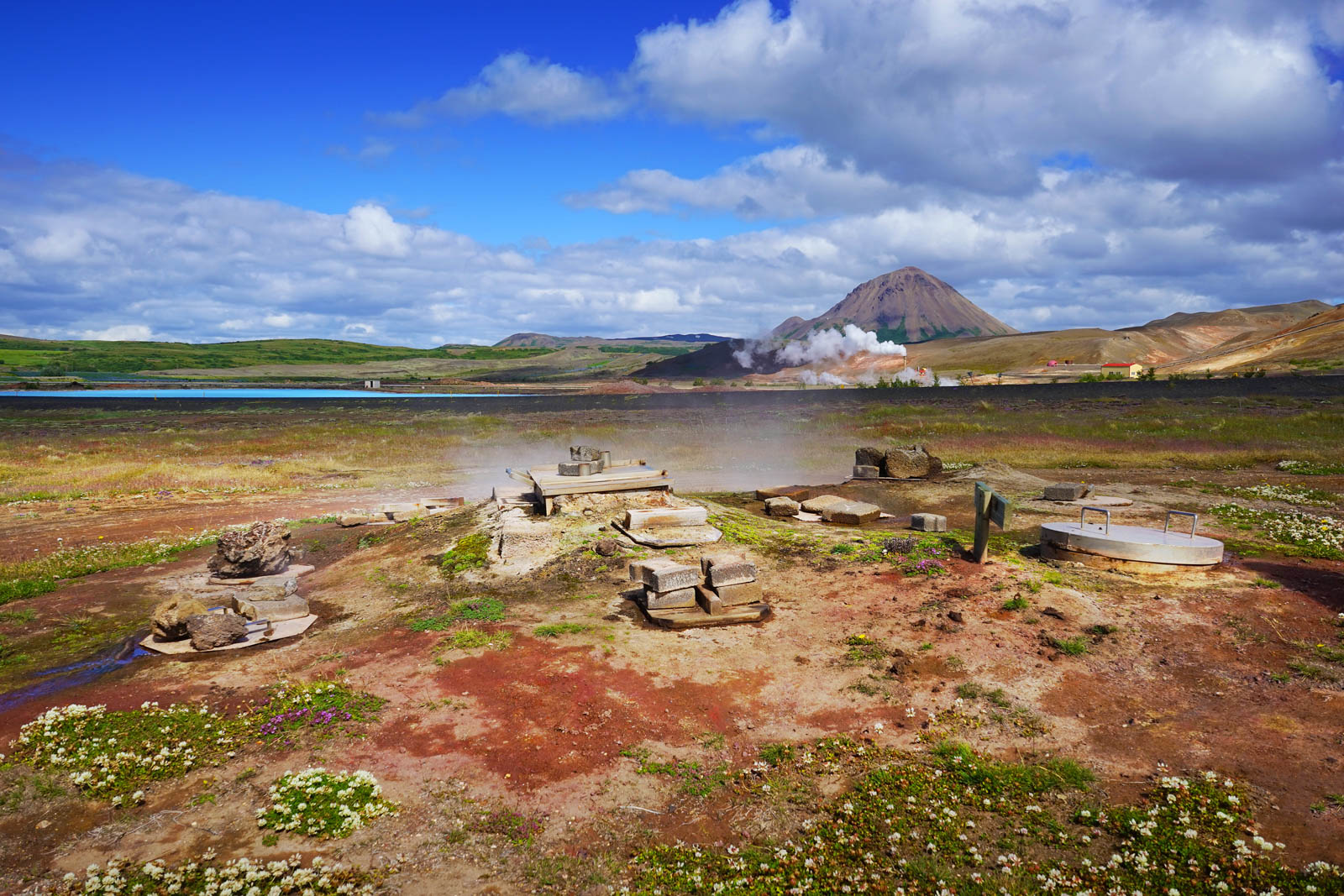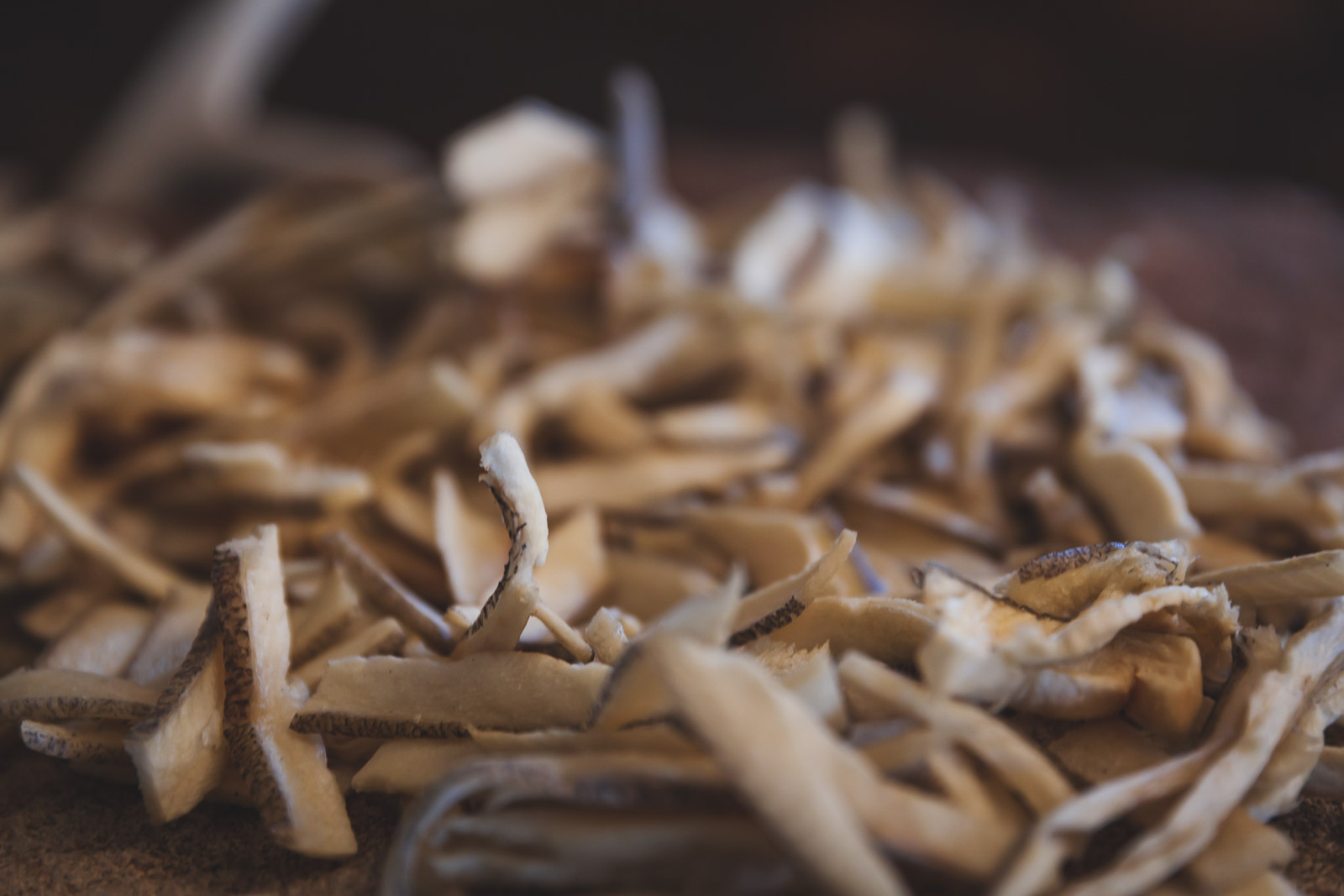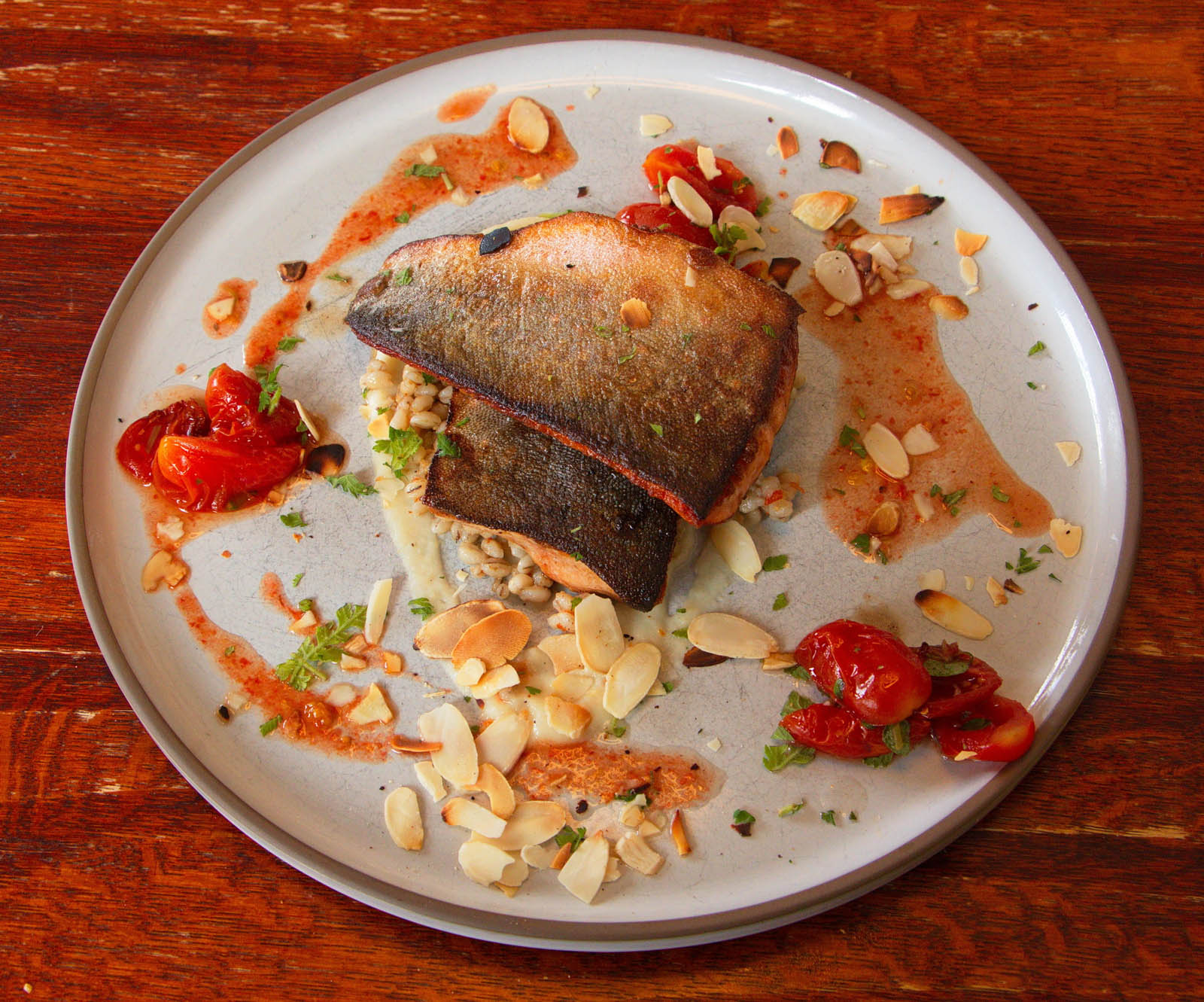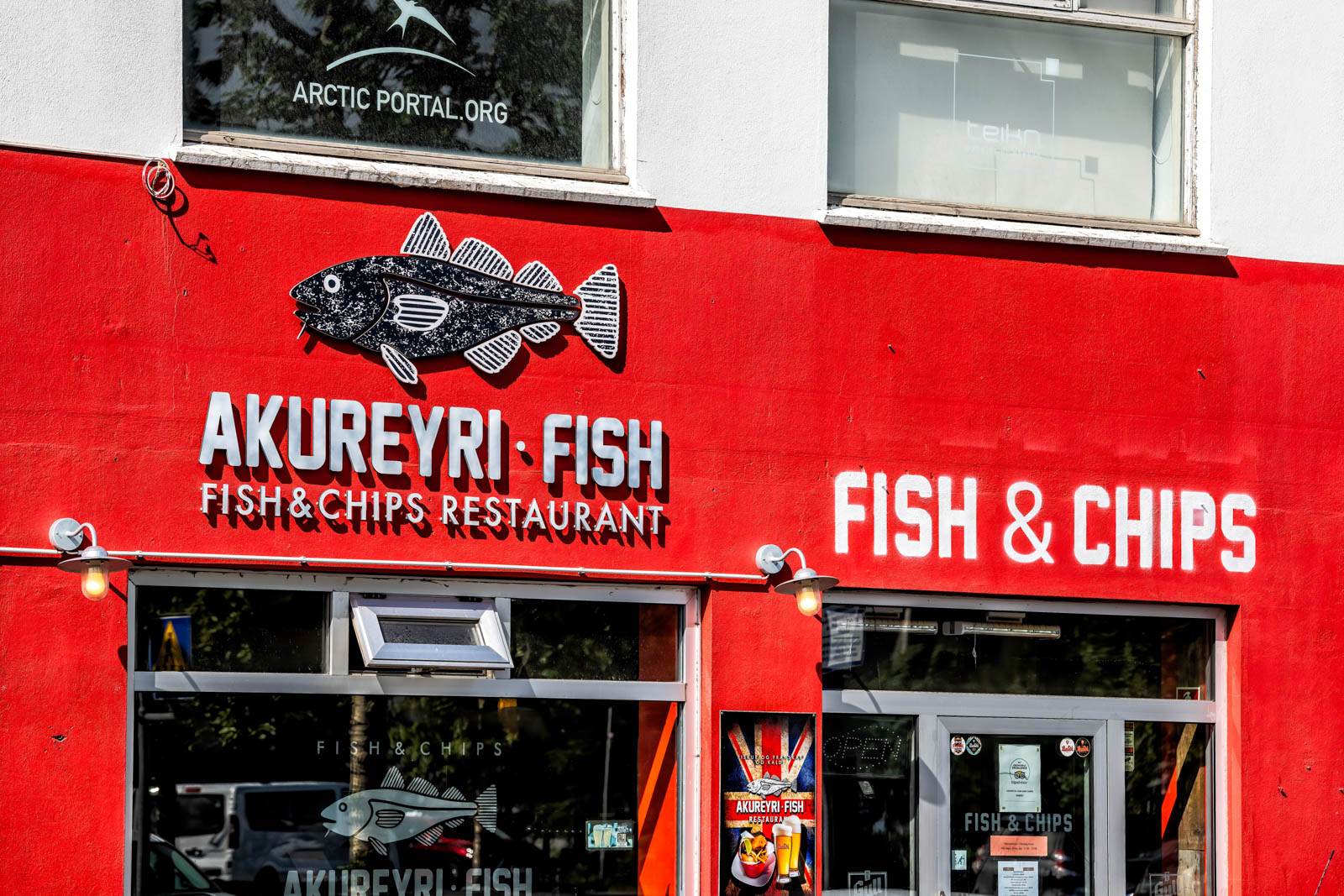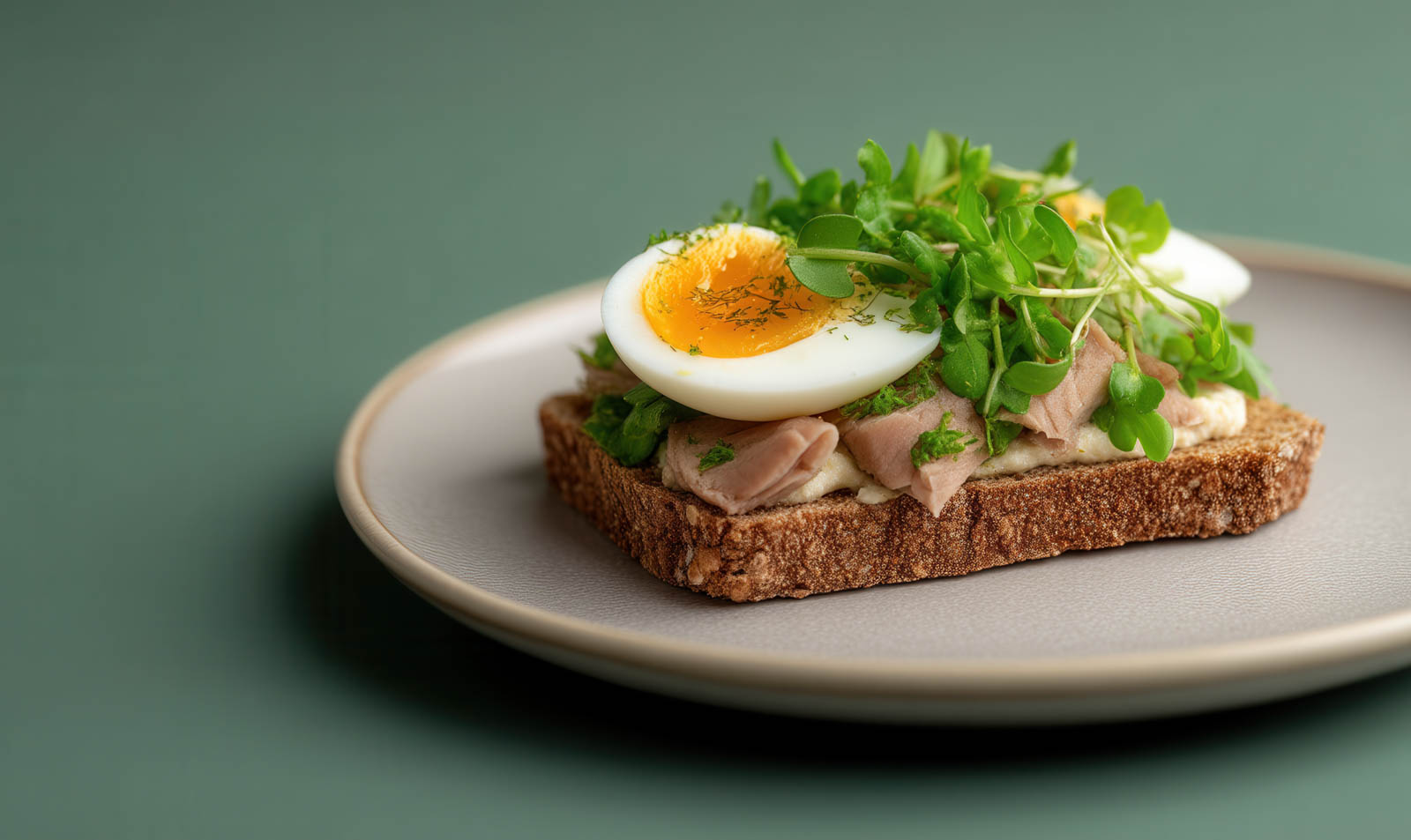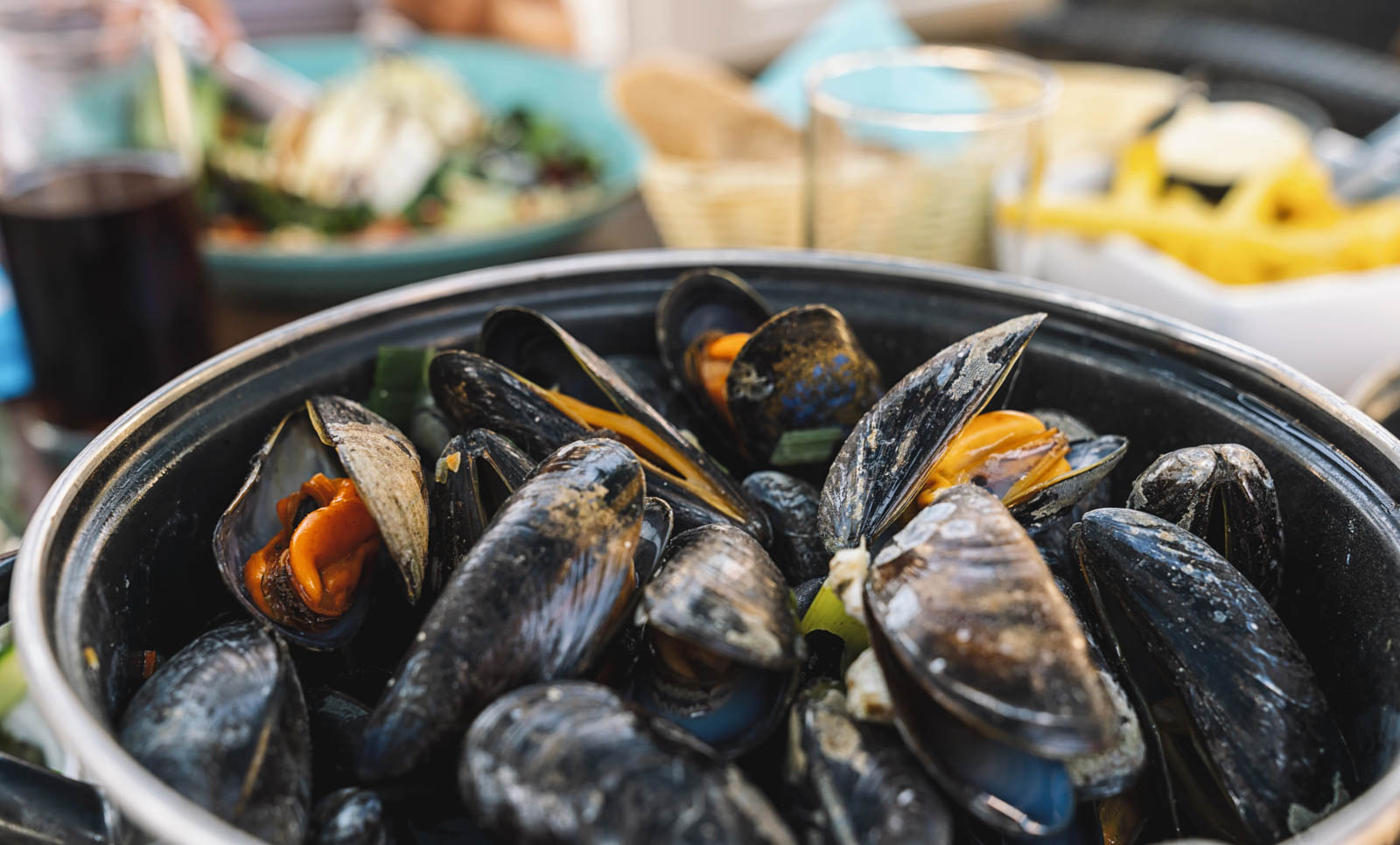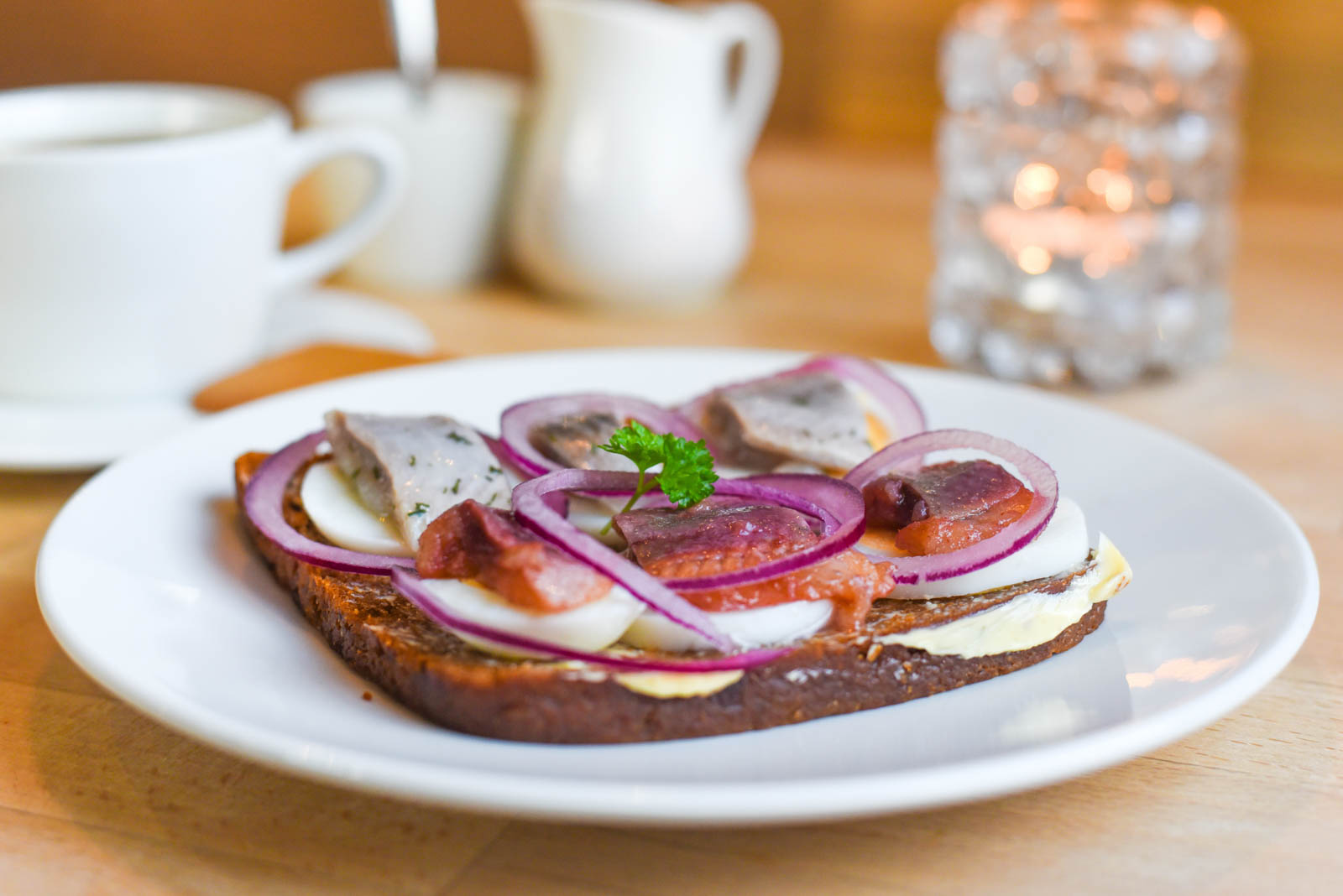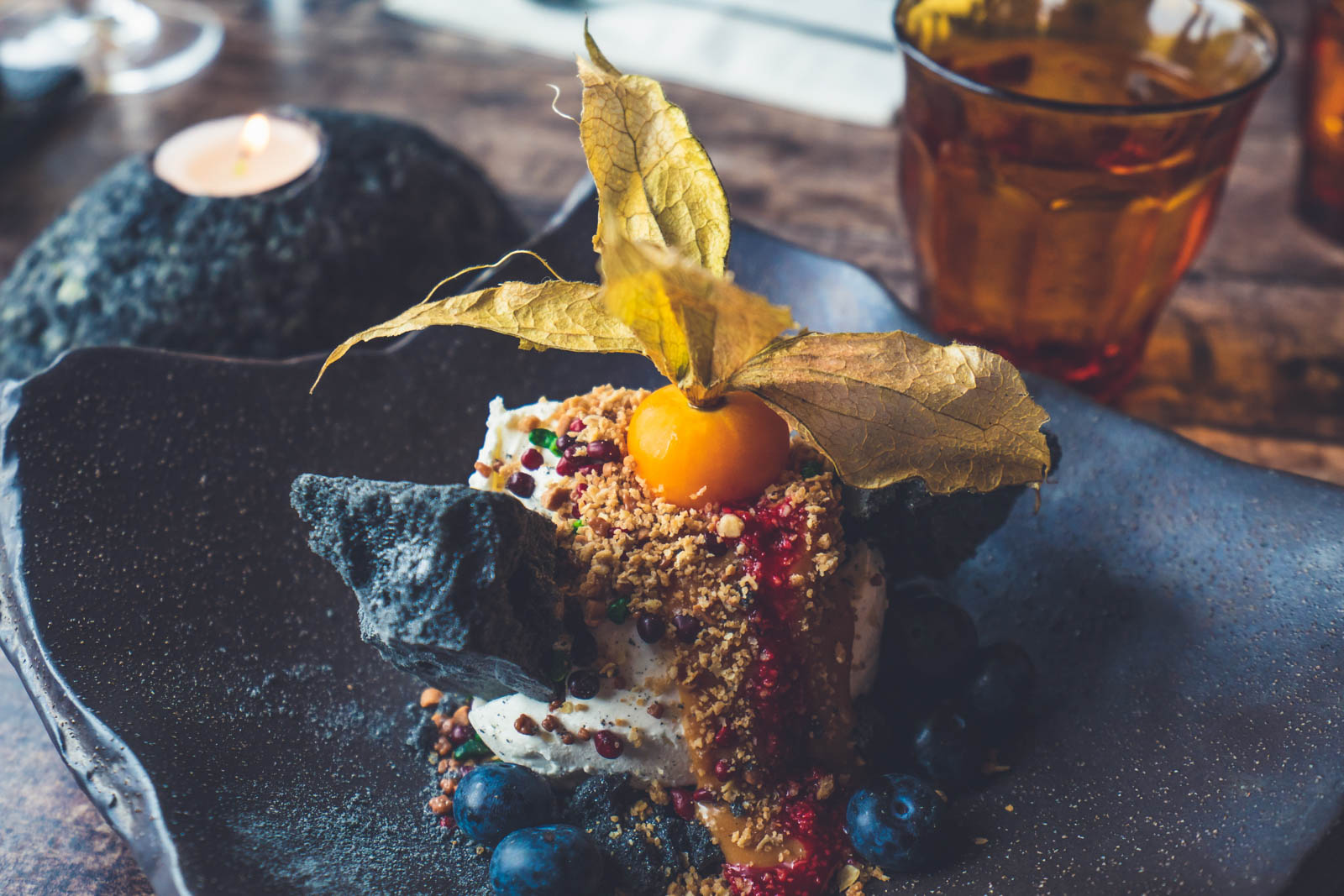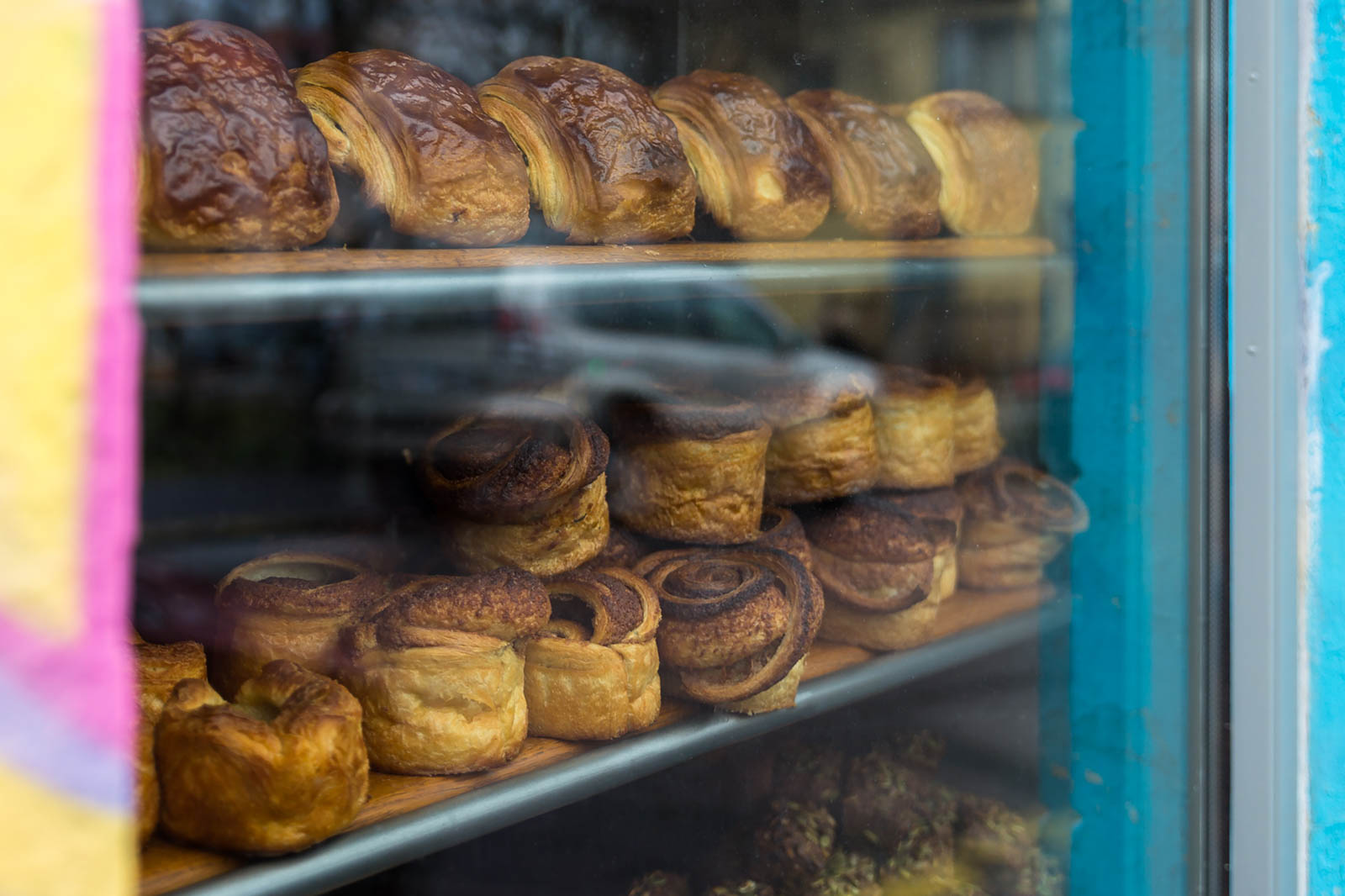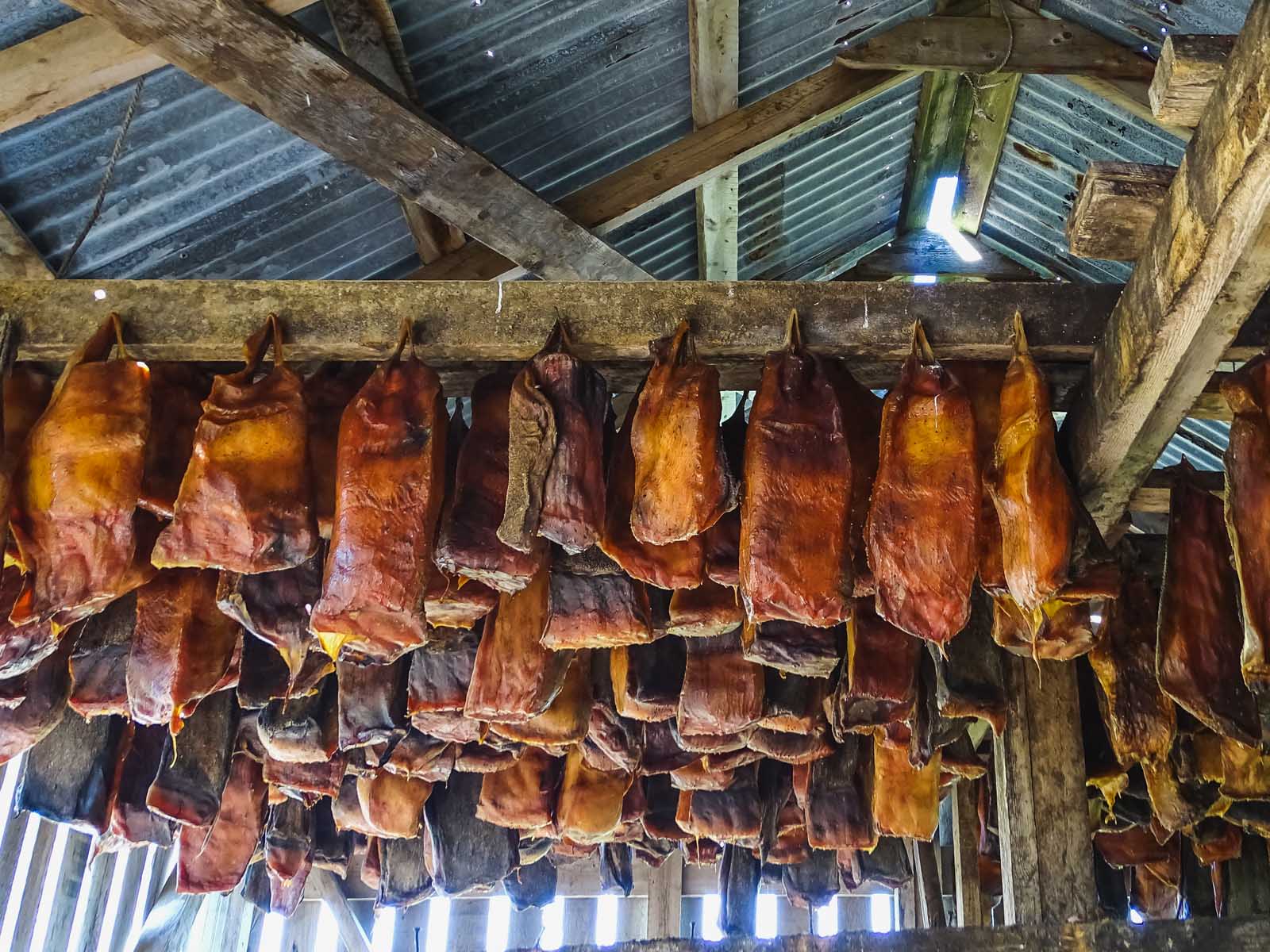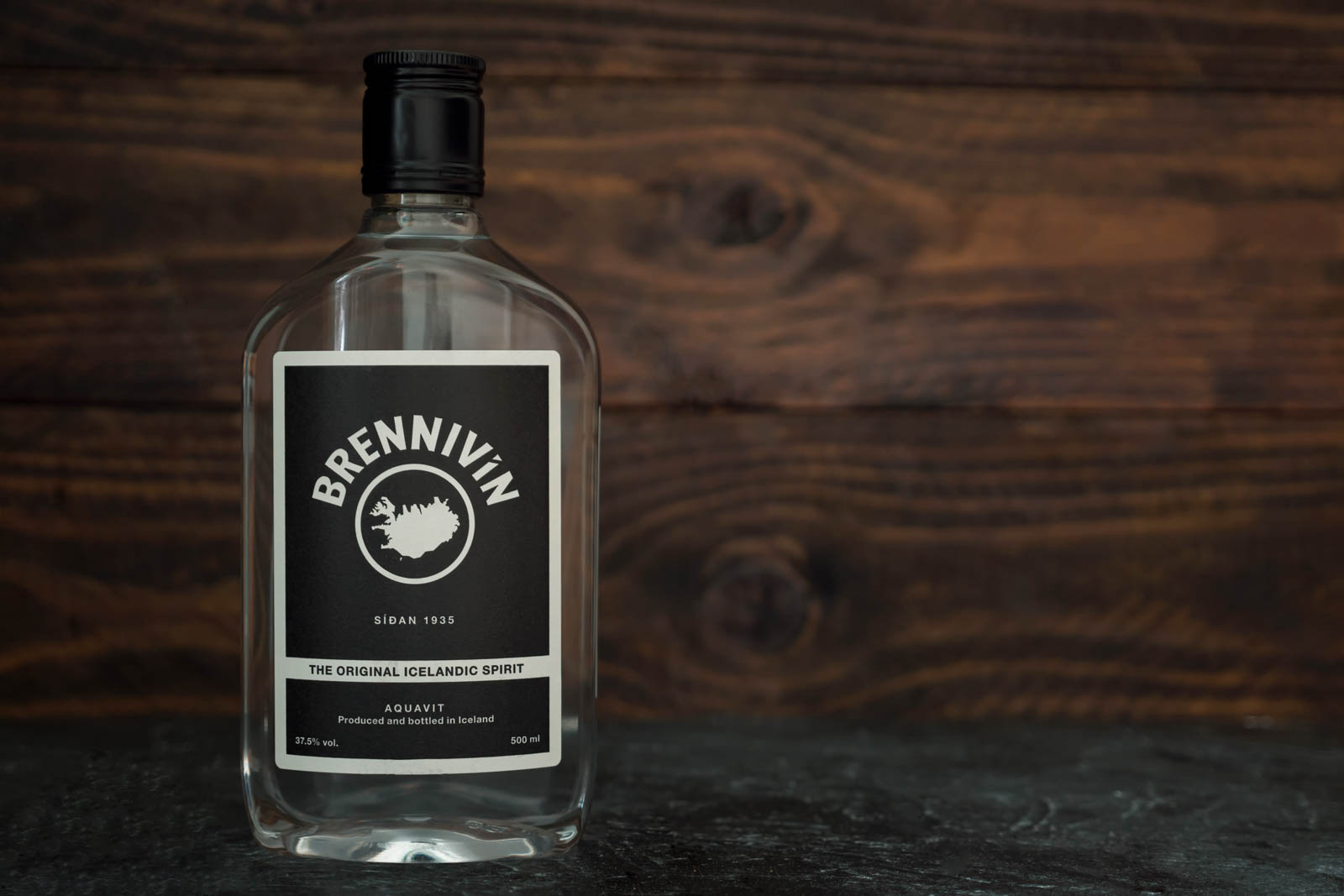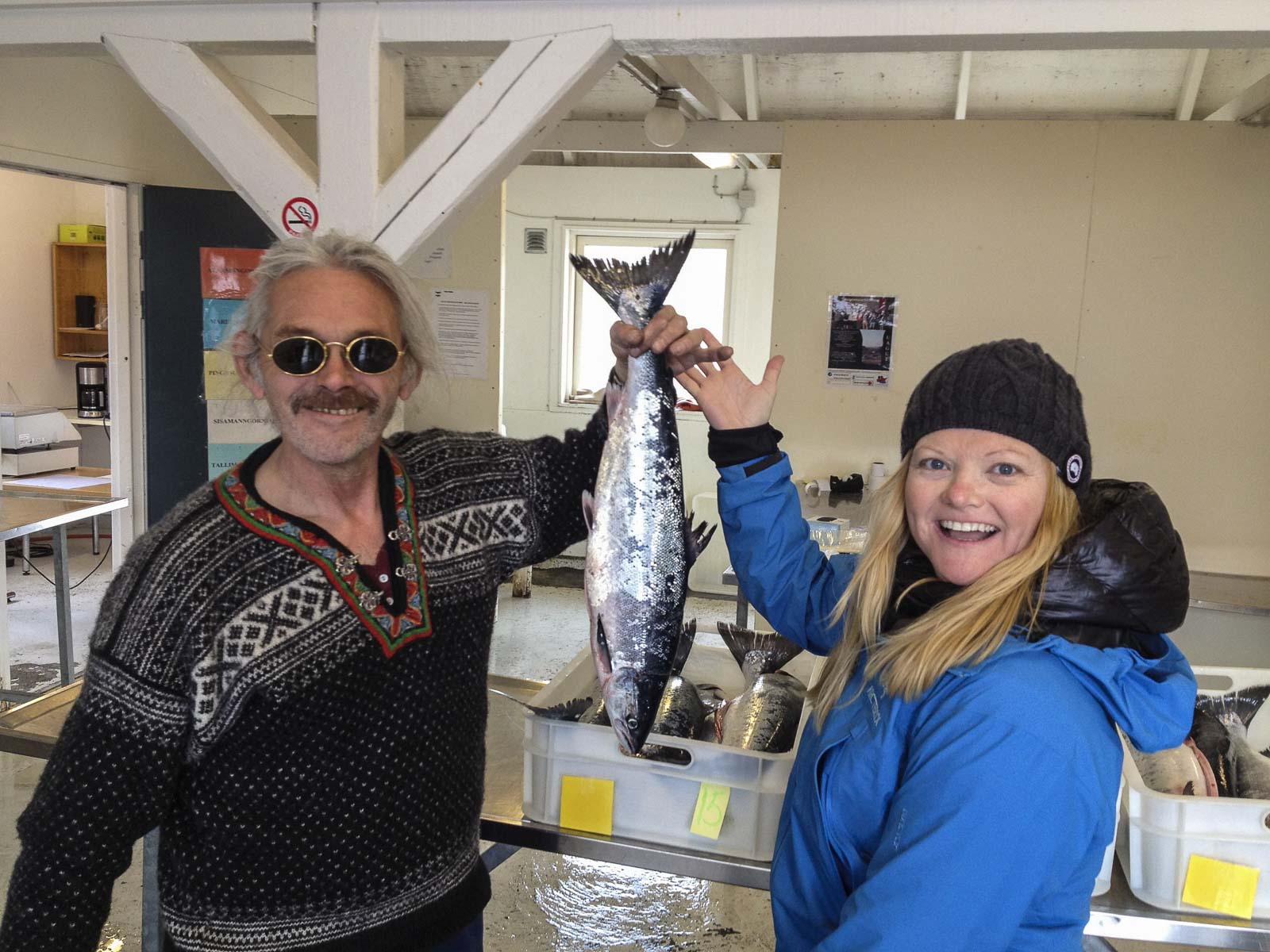If you happen to’re planning a visit to Iceland, you’ll rapidly uncover the nation’s meals scene is as distinctive as its landscapes. No less than that’s what we discovered. From cosy bowls of fish stew after a day within the Westfjords to lobster pizza in a South Coast fishing village, consuming right here is an journey in itself. Icelandic delicacies attracts on centuries-old traditions formed by isolation and survival, then provides trendy creativity from a brand new era of cooks.
On this journey, you would possibly begin with plokkfiskur, a creamy fish stew, or hangikjöt, the smoky lamb typically served at Christmas. You’ll discover pylsur, the well-known Icelandic scorching canines, in each metropolis streets and distant fuel stations, whereas rúgbrauð (rye bread) bakes underground in scorching springs. Recent catches like humar (lobster) and Arctic char showcase the island’s pristine waters, and treats like do-it-yourself Icelandic ice cream or tangy skyr give a candy end to any day.
Our information takes you thru essentially the most iconic and scrumptious Icelandic meals to attempt, from hearty farmhouse favourites to creative dishes in Reykjavík’s buzzing meals scene.
High Iceland Meals at a Look
Plokkfiskur – Creamy fish stew served with darkish rye bread
Hangikjöt – Smoked lamb, typically a Christmas custom
Pylsur – Icelandic scorching canines with fried onions and remoulade
Humar – Candy lobster tails from the South Coast
Rúgbrauð – Rye bread baked in scorching springs
Skyr – Thick yogurt eaten at breakfast or in desserts
Why Iceland’s Meals Scene is Distinctive
Iceland’s volcanic soil, chilly seas, and geothermal sources have formed its delicacies for over a thousand years. Farming is proscribed, so lamb, dairy, and seafood turned staples. Geothermal greenhouses now develop greens like tomatoes and cucumbers year-round, whereas the encompassing ocean offers cod, haddock, and Arctic char. The result’s a mix of conventional recipes, typically born out of necessity, and trendy dishes impressed by world culinary developments.
One evening you would possibly tuck into lamb soup at a mountain hut; the following, you’re sipping craft beer with langoustine tacos in Reykjavík. For a real Iceland foodie expertise, attempt each ends of the spectrum.
1. Pylsur – Well-known Icelandic Sizzling Canine
What it’s:Pylsur are Iceland’s well-known scorching canines, created from a mix of lamb, pork, and beef. They’re served in a bun with uncooked onions, crispy fried onions, tangy mustard, candy ketchup (made with apples), and creamy remoulade.
Why attempt it:We stood within the snow outdoors Bæjarins Beztu Pylsur in Reykjavík, the nation’s most well-known scorching canine stand , and it was value each minute of the wait. The lamb offers the sausage a refined sweetness, whereas the fried onions add a satisfying crunch.
Cultural word:Sizzling canines turned standard in Iceland after WWII, and right this moment they’re thought of a nationwide quick meals. They’re additionally probably the most reasonably priced meals yow will discover on this in any other case costly nation.
The place to seek out it:Bæjarins Beztu Pylsur is the long-lasting spot, however you’ll discover pylsur at fuel stations, festivals, and roadside stands nationwide. Order it “ein með öllu” — one with all the pieces.
2. Skyr – Icelandic Yogurt
What it’s:Skyr is a thick, protein-rich dairy product that appears and tastes much like Greek yogurt however is technically categorized as a tender cheese. The Icelandic model is made by straining milk to take away the whey, it has a creamy texture and a tangy flavour that pairs completely with fruit, honey, or granola.
Why attempt it:On our glacier hike day in Vatnajökull Nationwide Park, we packed particular person pots of skyr for breakfast. It was filling sufficient to maintain us going for hours with out weighing us down, and the tangy creaminess was refreshing after the lengthy drive. It’s not only a wholesome snack — it’s a real meals from Iceland that locals take pleasure in day by day, whether or not at dwelling or on the go.
Cultural word:Skyr has been a part of Icelandic diets for over a thousand years, relationship again to Viking settlements. As soon as made completely in properties and farms, it’s now produced commercially however nonetheless makes use of conventional cultures to take care of its distinct flavour.
The place to seek out it:Each grocery store, café, and comfort retailer sells skyr in plain and flavoured varieties. For a particular deal with, attempt skyr-based desserts like skyrkaka (cheesecake) in eating places.
3. Plokkfiskur – Icelandic Fish Stew
What it’s:Plokkfiskur is a creamy stew of flaked white fish (often cod or haddock), mashed potatoes, onions, and a buttery white sauce. The title actually means “plucked fish,” describing the best way the fish is damaged into small items earlier than mixing.
Why attempt it:We first had plokkfiskur in a harbour café in Ísafjörður on a snowy winter evening. The home windows steamed up as locals got here in from the chilly, and the odor of fish stew stuffed the air. It’s hearty with out being heavy, and the candy, recent fish balances completely with the buttery sauce.
Cultural word:This dish began as a approach to make use of leftover fish, stretching it with potatoes to feed the entire household. At present, it’s consolation meals — the type you’ll discover at dwelling kitchens, roadside cafés, and upscale eating places alike.
The place to seek out it:In Reykjavík, Café Loki serves a conventional plokkfiskur with darkish rye bread. Coastal cities like Siglufjörður and Húsavík have glorious variations of their harbourside eating places. You possibly can even purchase it pre-made in grocery shops should you’re self-catering.
4. Kjötsúpa – Lamb Stew
What it’s:A hearty soup made with lamb shank, root greens like carrots and rutabagas, potatoes, and recent herbs.
Why attempt it:On a chilly, windy day alongside the Golden Circle, we stopped at a small café and ordered steaming bowls of kjötsúpa. The lamb was so tender it fell off the bone, and the broth was wealthy with out being heavy.
Cultural word:Kjötsúpa is likely one of the most Icelandic typical meals dishes, valued for its means to heat and nourish by lengthy winters.
The place to seek out it:Eating places, countryside guesthouses, and even fuel station cafés.
5. Hangikjöt – Smoked Lamb
What it’s:Hangikjöt interprets to “hung meat,” referring to the best way the lamb is smoked whereas hanging over a birchwood or dried sheep dung hearth. This conventional preservation methodology infuses the meat with a deep, smoky flavour.
Why attempt it:We first tried hangikjöt in the course of the Christmas season in Reykjavík, served with boiled potatoes, inexperienced peas, purple cabbage, and Icelandic leaf bread. The smoky aroma hit earlier than the plate reached the desk, and the meat was so tender it virtually melted.
Cultural word:Sheep farming has been central to Iceland’s economic system for hundreds of years. Smoking lamb wasn’t nearly style, it was about survival by the lengthy winters. Even right this moment, hangikjöt is a festive centrepiece, particularly in December.
The place to seek out it:Out there in grocery shops in the course of the holidays and in conventional eating places year-round. Farm stays generally serve their very own smoked lamb, which is about as genuine because it will get.
6. Humar – Icelandic Lobster
What it’s:Humar is Iceland’s small, candy lobster, truly nearer to langoustine, prized for its tender tail meat. It’s served grilled, baked, fried in garlic butter, or in creamy lobster soup referred to as humarsúpa.
Why attempt it:On our South Coast street journey, we stopped in Höfn, Iceland’s lobster capital, for humar pizza. The candy lobster meat with melted cheese and herbs was an unforgettable mixture.
Cultural word:Humar is generally caught alongside Iceland’s southeast coast, and fishing for it’s strictly regulated to make sure sustainability.
The place to seek out it:Seafood eating places in Höfn and Reykjavík serve humar in numerous types, from connoisseur entrées to informal lobster rolls.
7. Rúgbrauð – Sizzling Spring Rye Bread
What it’s:Rúgbrauð is a dense, darkish rye bread with a barely candy flavour, historically baked within the floor utilizing geothermal warmth from Iceland’s scorching springs. The dough is positioned in a pot or picket cask, buried close to a scorching spring, and left to cook dinner slowly for about 24 hours utilizing geothermal warmth.
Why attempt it:We first tasted Icelandic rye bread recent from the earth at Laugarvatn Fontana, the place workers dug up steaming pots proper in entrance of us. The bread was moist, wealthy, and subtly candy, so good it barely wanted butter. Pairing it with smoked lamb or pickled herring is a basic Icelandic mixture.
Cultural word:Earlier than ovens have been frequent, Icelanders relied on the earth’s pure geothermal warmth to cook dinner. Rúgbrauð (aka Sizzling Spring Bread) was a staple as a result of it could possibly be made year-round with out scarce gas sources.
The place to seek out it:Bakeries and cafés throughout the nation promote rúgbrauð, however for the genuine expertise, go to Laugarvatn Fontana or different scorching spring cities the place you possibly can watch it being baked underground.
8. Harðfiskur – Dried Fish
What it’s:Harðfiskur is dried fish, usually cod, haddock, or wolffish, cured within the salty North Atlantic air till it’s chewy and full of flavour.
Why attempt it:On a street journey by the Westfjords, we grabbed a bag in Bolungarvík, considering it will be a lightweight snack. Inside minutes, we have been hooked, particularly after locals advised us to unfold it with salted butter. It’s protein-rich, moveable, and probably the most conventional meals from Iceland.
Cultural word:Drying fish dates again over 1,000 years and is comparable in precept to getting older cheese. In lots of fishing villages, you’ll nonetheless see picket racks lined with fish drying within the open air.
The place to seek out it:Bought in grocery shops, fuel stations, and harbour markets. For the freshest, purchase it straight from fishermen in coastal cities.
9. Arctic Char
What it’s:A chilly-water fish native to Iceland, Arctic char is someplace between salmon and trout in flavour and texture. It may be grilled, smoked, or pan-seared.
Why attempt it:We had Arctic char in Seyðisfjörður, butter fried with tomatoes and sliced almonds. The fish was buttery and delicate, with a clear, recent style that spoke to its pristine surroundings.
Cultural word:Arctic char thrives in Iceland’s chilly, clear rivers and lakes, making it a dependable meals supply for hundreds of years.
The place to seek out it:Served at eating places throughout Iceland, particularly within the Eastfjords and different fishing areas.
10. Fish and Chips – Iceland Model
What it’s:Recent cod or haddock coated in a lightweight batter, fried till crisp, and served with chunky fries and do-it-yourself sauces.
Why attempt it:In Akureyri, we tucked into fish and chips the place the cod had been caught simply hours earlier. The fish flaked aside with the lightest contact of a fork, and the tartar sauce was vibrant with recent herbs.
Cultural word:Whereas fish and chips isn’t native to Iceland, the standard of the fish right here makes it distinctive. Icelandic waters produce among the greatest cod on this planet.
The place to seek out it:Harbour cafés, Reykjavík’s Icelandic Fish & Chips restaurant, and coastal meals vans.
11. Flatkaka með Hangikjöti – Flatbread with Smoked Lamb
What it’s:Flatkaka is a skinny, spherical flatbread created from rye flour and water, cooked rapidly on a scorching griddle. It’s typically topped with hangikjöt (smoked lamb), cream cheese, or lamb liver pâté.
Why attempt it:We tried flatkaka at a family-run café on the Snæfellsnes Peninsula, the place it was served heat with thick slices of smoky lamb. It’s easy however stuffed with flavour, and it’s a type of Iceland meals to attempt that you would be able to simply recreate at dwelling.
Cultural word:Flatbreads have been a part of Icelandic diets for hundreds of years, providing a fast, filling base that could possibly be paired with no matter was obtainable, from lamb to fish to foraged herbs.
The place to seek out it:Out there in most bakeries and supermarkets. Many guesthouses serve it as a part of a conventional breakfast unfold.
12. Icelandic Mussels
What it’s:Recent mussels harvested from Iceland’s clear coastal waters, typically steamed with garlic, herbs, and white wine.
Why attempt it:In Stykkishólmur, we had a steaming pot of mussels caught that morning in Breiðafjörður Bay, candy, briny, and completely recent.
Cultural word:Iceland’s chilly waters sluggish the mussels’ development, leading to a extra concentrated flavour.
The place to seek out it:Coastal seafood eating places, particularly within the Westfjords and Snæfellsnes Peninsula.
13. Pickled Herring
What it’s:Marinated herring fillets preserved in vinegar, sugar, and spices, typically served with heat rye bread, boiled potatoes, and generally hard-boiled eggs.
Why attempt it:We had pickled herring for breakfast at a harbour café in Ísafjörður, and the mix of sweet-sour fish with heat, earthy rúgbrauð was unforgettable. It’s easy, satisfying, and deeply rooted in Iceland’s coastal traditions.
Cultural word:Herring fishing was as soon as a serious a part of Iceland’s economic system, and preserving it by pickling meant it could possibly be loved year-round.
The place to seek out it:Breakfast buffets, fish markets, and conventional eating places.
14. Icelandic Ice Cream
What it’s:Icelanders have a shocking obsession with ice cream — and so they eat it year-round, even in snowstorms. It ranges from soft-serve ice cream (often called “ís”) dipped in chocolate to artisanal scoops in creative flavours like rhubarb, licorice, and even beer.
Why attempt it:We as soon as stood in line for Icelandic ice cream in Reykjavík whereas the wind chill was effectively under freezing, and we weren’t the one ones. The creamy texture, wealthy flavour, and beneficiant toppings made each shiver value it. It’s a type of Iceland meals to attempt that tells you as a lot concerning the tradition because it does concerning the delicacies.
Cultural word:Ice cream parlours are a social hub in Iceland. Households, pals, and {couples} typically make an evening of going out for ice cream, irrespective of the climate.
The place to seek out it:Standard spots embody Valdís in Reykjavík for inventive flavours and Ísbúð Vesturbæjar for traditional soft-serve with mix-ins.
15. Icelandic Cinnamon Roll (Kanilsnúðar)
What it’s:Kanilsnúðar are Iceland’s tackle the cinnamon roll, tender, buttery dough spiralled with cinnamon sugar and sometimes topped with a drizzle of icing or a dusting of coarse sugar.
Why attempt it:We adopted the scent of fresh-baked cinnamon rolls to Brauð & Co. in Reykjavík, and inside minutes we have been unravelling the nice and cozy, sticky spiral. The mixture of pillowy dough, aromatic cinnamon, and simply the correct amount of sweetness makes it among the finest good meals in Iceland moments for anybody with a candy tooth.
Cultural word:Whereas impressed by Scandinavian baking traditions, Icelanders have made kanilsnúðar their very own. They’re as standard for breakfast as they’re for a day deal with.
The place to seek out it:Bakeries throughout Iceland, particularly Brauð & Co. and Sandholt in Reykjavík, serve freshly baked cinnamon rolls day by day.
16. Icelandic Cheese & Dairy
What it’s:Whereas skyr will get a lot of the worldwide consideration, Iceland’s dairy scene gives quite a lot of distinctive cheeses. These embody tangy skyr-based spreads, tender white cheeses, and brunost (Norwegian-style brown cheese) created from caramelized whey, which has a candy, nutty flavour.
Why attempt it:We stumbled upon a cheese counter at Reykjavik’s Kolaportið flea market and couldn’t resist sampling all the pieces. The brunost was in contrast to any cheese we’d tasted earlier than, nearly dessert-like, whereas the tender cheeses have been wealthy and creamy, excellent with rye bread or crackers.
Cultural word:Dairy farming has been a cornerstone of Icelandic agriculture for over a millennium. Even within the harshest situations, sheep and cows offered milk that could possibly be become cheese, butter, and skyr to final by the winter.
The place to seek out it:Specialty meals outlets, markets, and cheese plates in Reykjavík wine bars. Many rural guesthouses serve their very own farm-made cheese.
17. Hákarl – Fermented Shark
What it’s:Greenland fermented shark meat is fermented for a number of months after which dried, leading to a robust aroma and intense flavour.
Why attempt it:We sampled hákarl at a fishing village museum in Húsavík. The odor was eye-watering, however chasing it with Brennivín (Iceland’s schnapps) made the expertise extra enjoyable than horrifying. Let’s simply say some native meals are enjoyable to attempt as soon as.
Cultural word:Fermented shark was developed as a survival meals; Greenland shark is poisonous when recent, so fermentation was essential to make it protected.
The place to seek out it:Specialty outlets, Þorrablót feasts, and conventional eating places.
18. Icelandic Craft Beer & Brennivín
What it’s:Iceland’s craft beer scene gives a shocking selection, from crisp Arctic lagers brewed with glacial water to wealthy stouts flavoured with native herbs. Brennivín, then again, is a transparent schnapps infused with caraway seeds. Its nickname, “Black Demise,” comes from the black label used when it was first produced, and its robust, distinctive style.
Why attempt it:We had our first style of Brennivín as a part of the basic “hákarl problem” in Reykjavík — the schnapps’ daring, spicy flavour lower proper by the fermented shark’s intense aroma. Pairing a chilly craft beer with recent humar or lamb stew is equally rewarding, including an area contact to any meal.
Cultural word:Beer was banned in Iceland from 1915 till March 1, 1989; a date nonetheless celebrated as “Beer Day.” Since then, breweries have flourished, creating beers that replicate Iceland’s distinctive components and pure water sources. Brennivín stays tied to custom, typically served at Þorrablót feasts and different cultural gatherings.
The place to seek out it:Pattern craft beer at Reykjavík brewpubs like Skúli or MicroBar, or go to native breweries in cities like Akureyri and Egilsstaðir. Brennivín is offered at Vínbúðin liquor shops and served in most conventional eating places and bars.
Exploring the Icelandic meals scene is like taking a chew overseas’s historical past, panorama, and tradition all of sudden. Each dish, whether or not it’s a easy slice of rye bread recent from a scorching spring or a plate of humar in a seaside café, tells a narrative of resourcefulness, custom, and delight in native components.
From hearty staples like lamb soup and fish stew to candy comforts like skyr and cinnamon rolls, there’s one thing for each palate. And with trendy Icelandic cooks reimagining these classics, there’s by no means been a greater time to be an Iceland foodie.
So, as you intend your journey, make room in your itinerary (and your abdomen) for these iconic flavours. Whether or not you’re sipping Brennivín with locals at a midwinter competition or grabbing a scorching canine at a Reykjavik meals stand, you’ll go away with extra than simply nice images, you’ll take dwelling the style of Iceland.
FAQ – Icelandic Meals
Pylsur, Iceland’s scorching canines, are sometimes referred to as the nationwide dish. They’re made with lamb, pork, and beef and topped with uncooked onions, crispy onions, mustard, apple ketchup, and remoulade. Strive the unique stand in Reykjavík at Bæjarins Beztu Pylsur.
Begin with plokkfiskur fish stew, kjötsúpa lamb soup, hangikjöt smoked lamb, rúgbrauð scorching spring rye bread, harðfiskur dried fish, skyr, and humar langoustine. These classics replicate Iceland’s preservation traditions and native components.
Consuming out might be dear. For worth, seize scorching canines, bakery objects, or grocery store picnic provides and blend in a number of sit?down meals. Authorities?run liquor shops have restricted hours, so plan forward if you need native beer or Brennivín.
Go to Laugarvatn Fontana to see bread buried in geothermal sand and baked for about 24 hours, with day by day tastings and demos.
On March 1, 1989. The date remains to be celebrated nationwide as Beer Day.
Search for specialty outlets and museums that supply samples, and seasonal Þorrablót occasions. It’s generally served with a shot of Brennivín.

